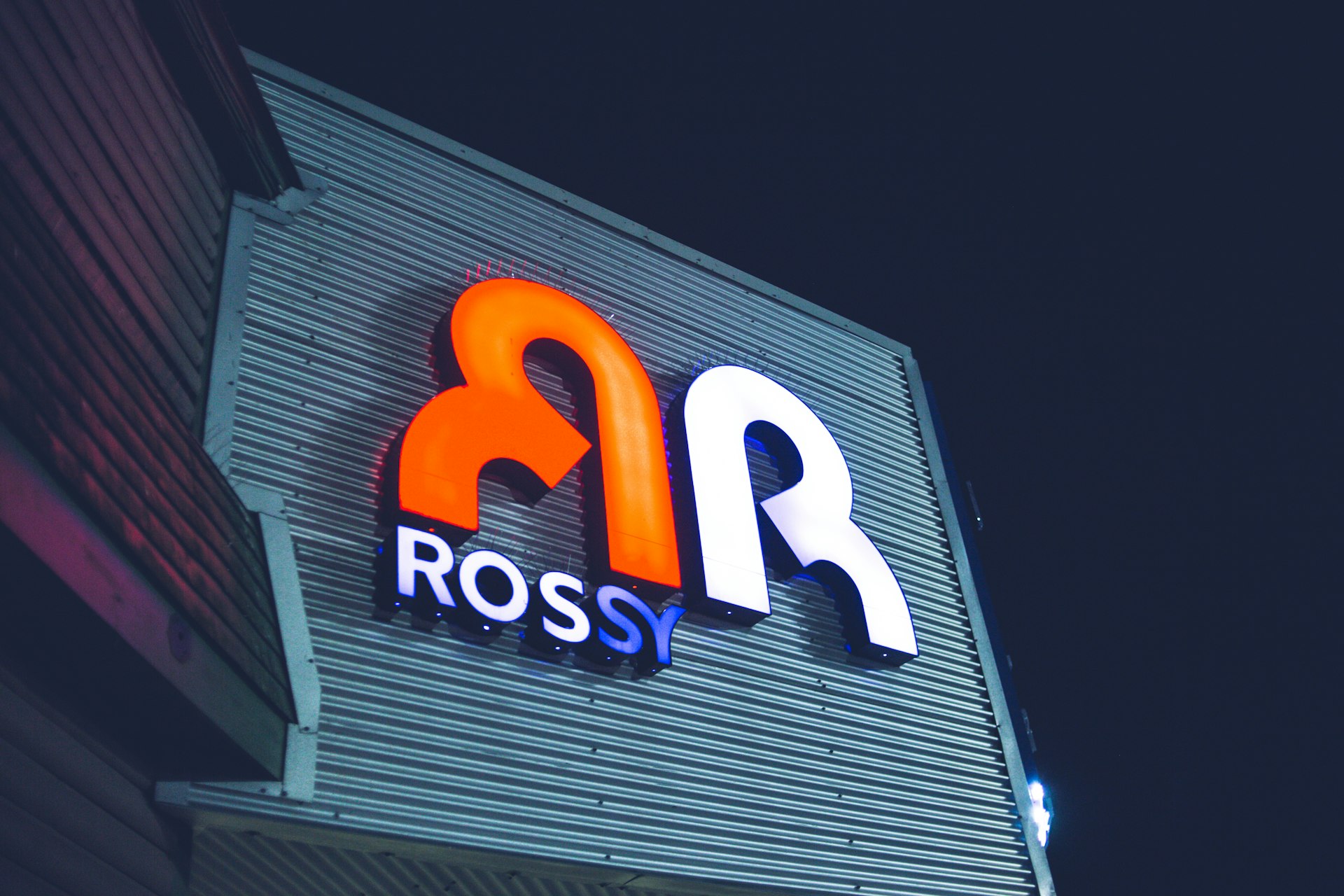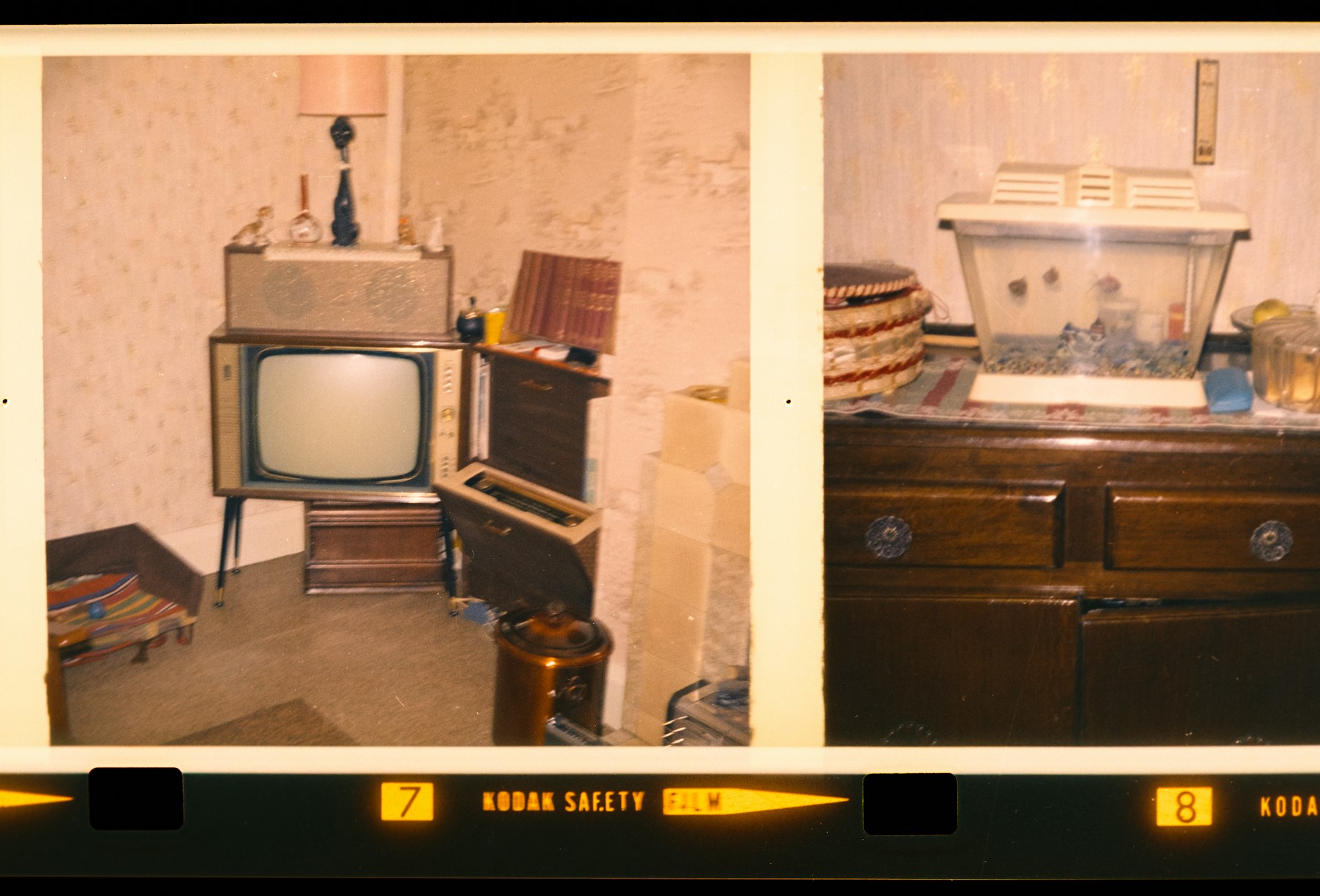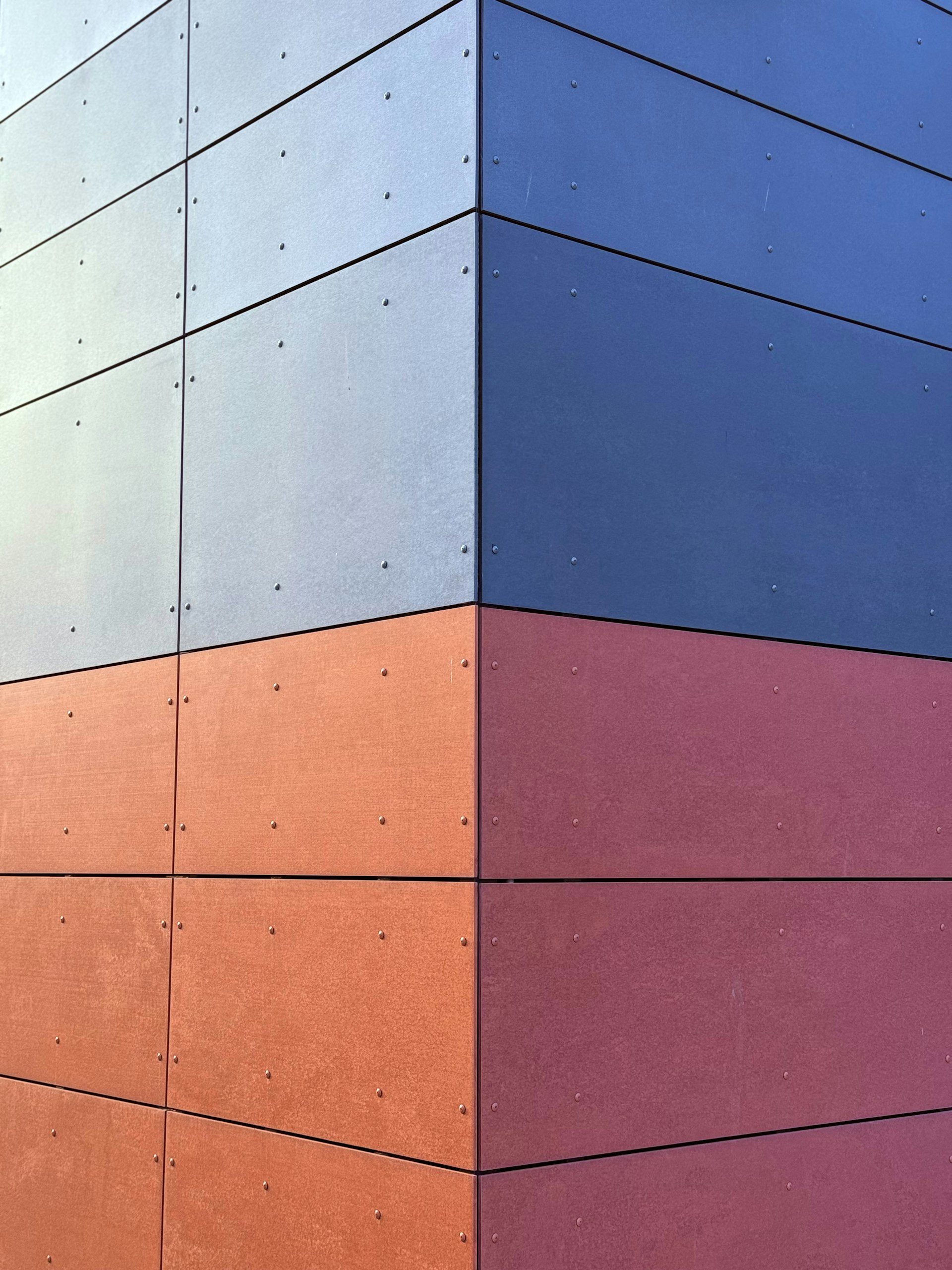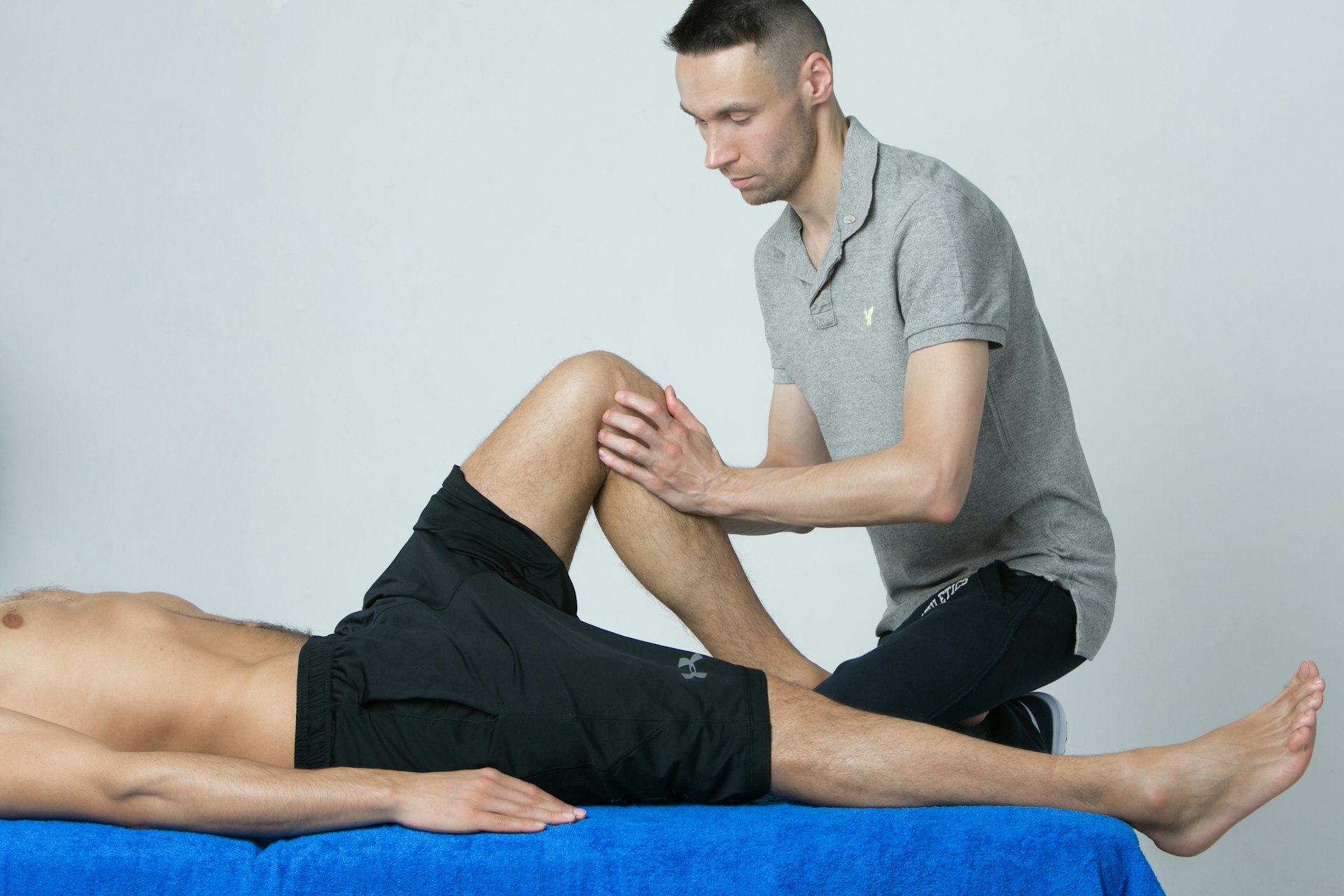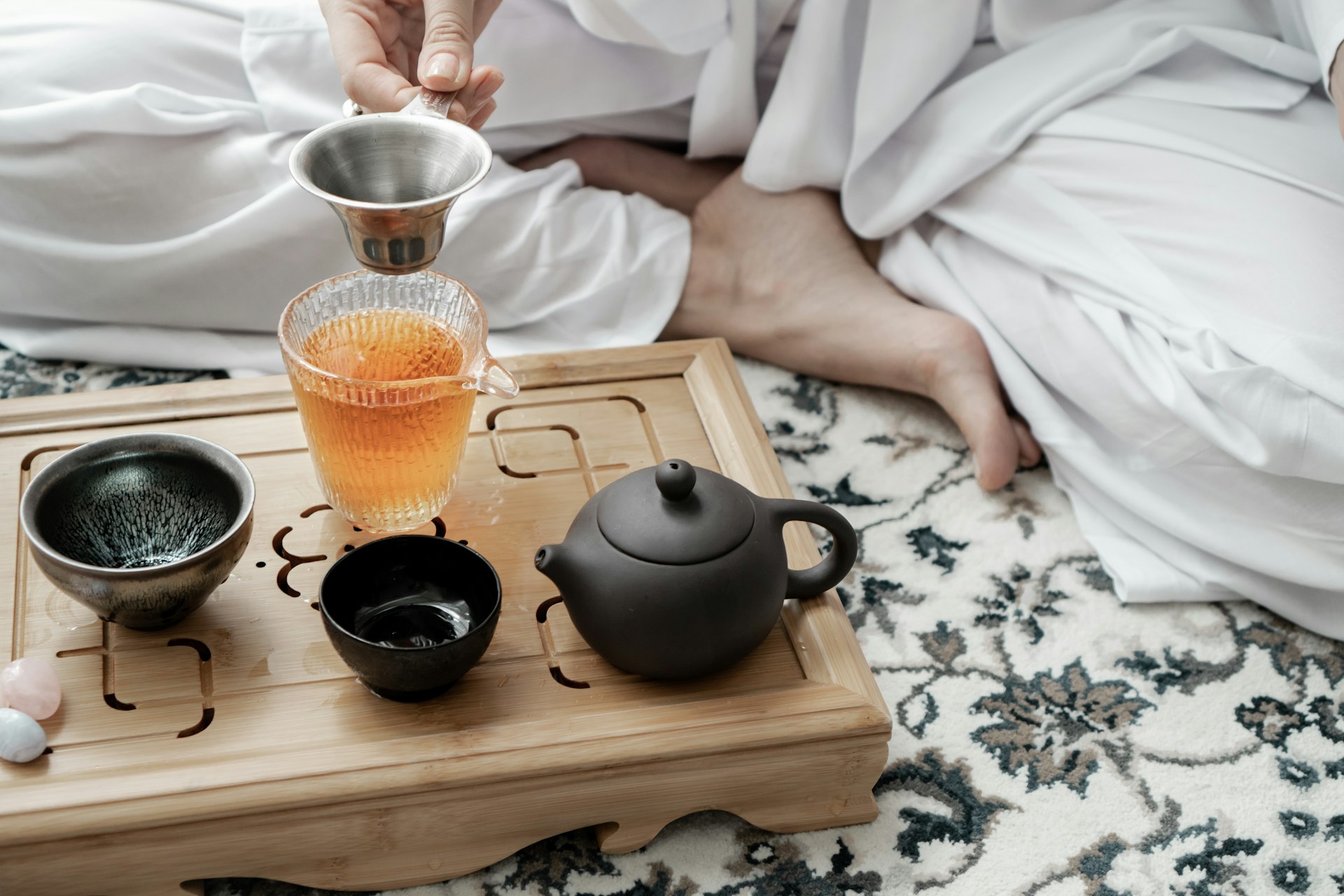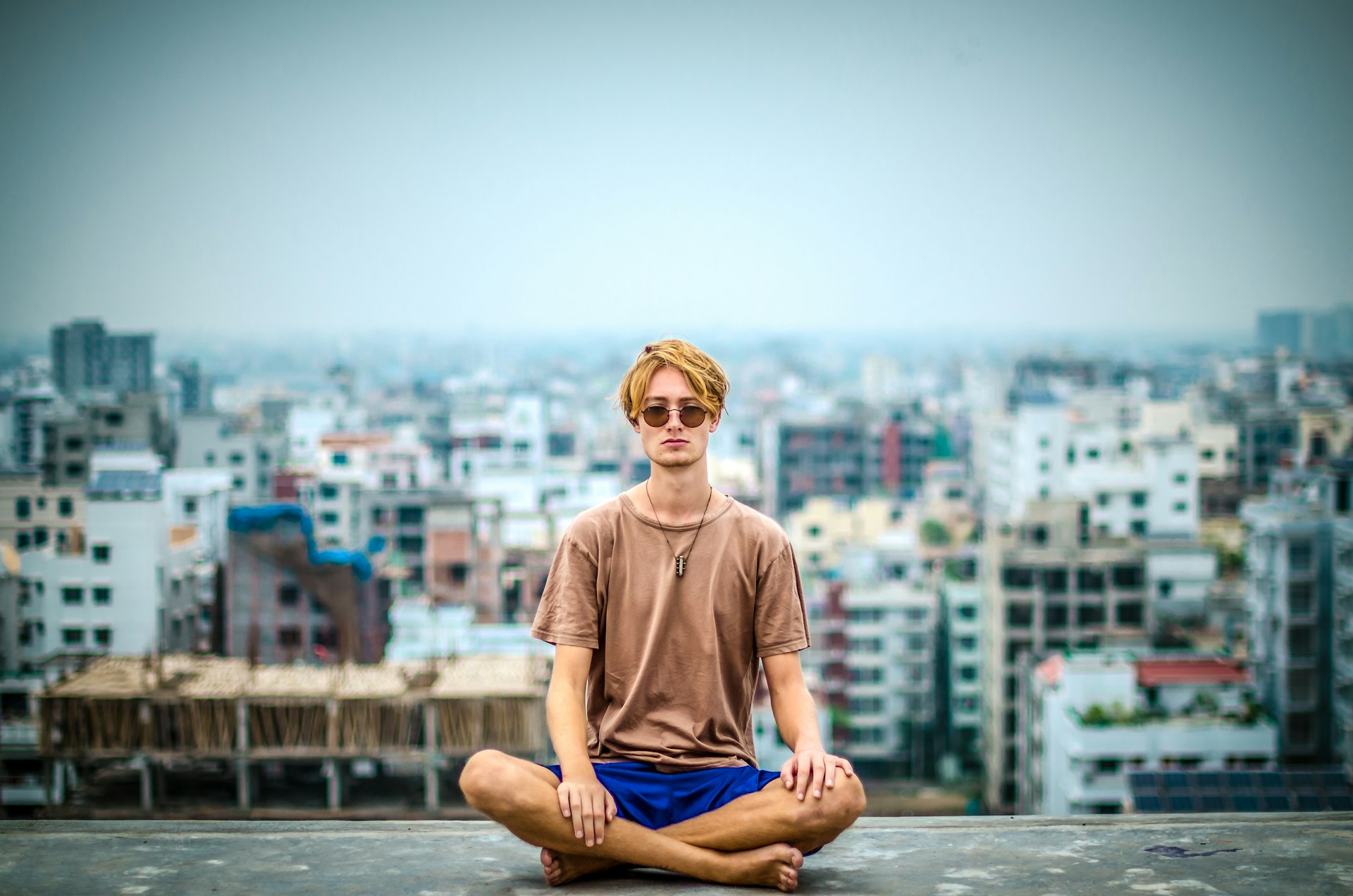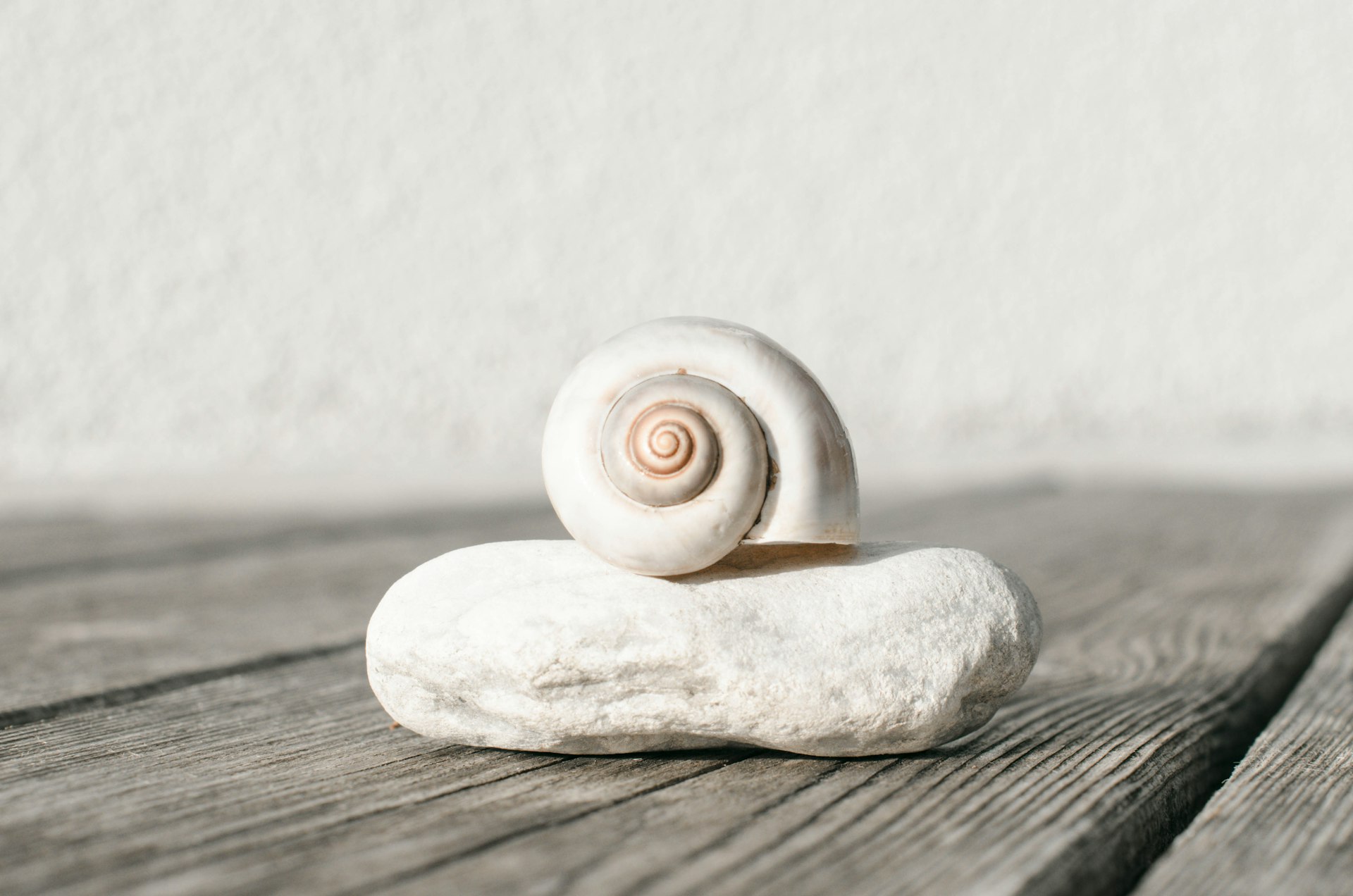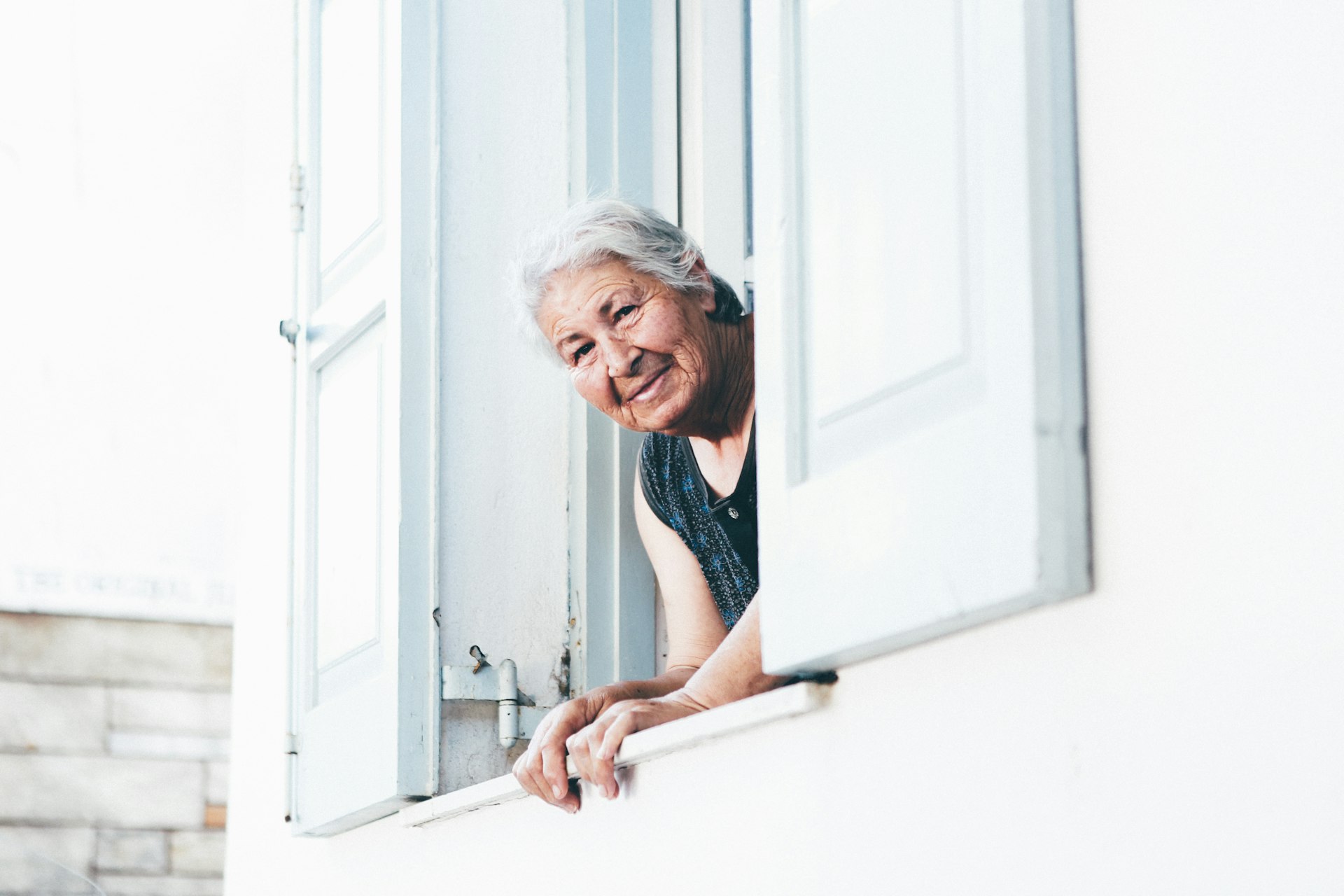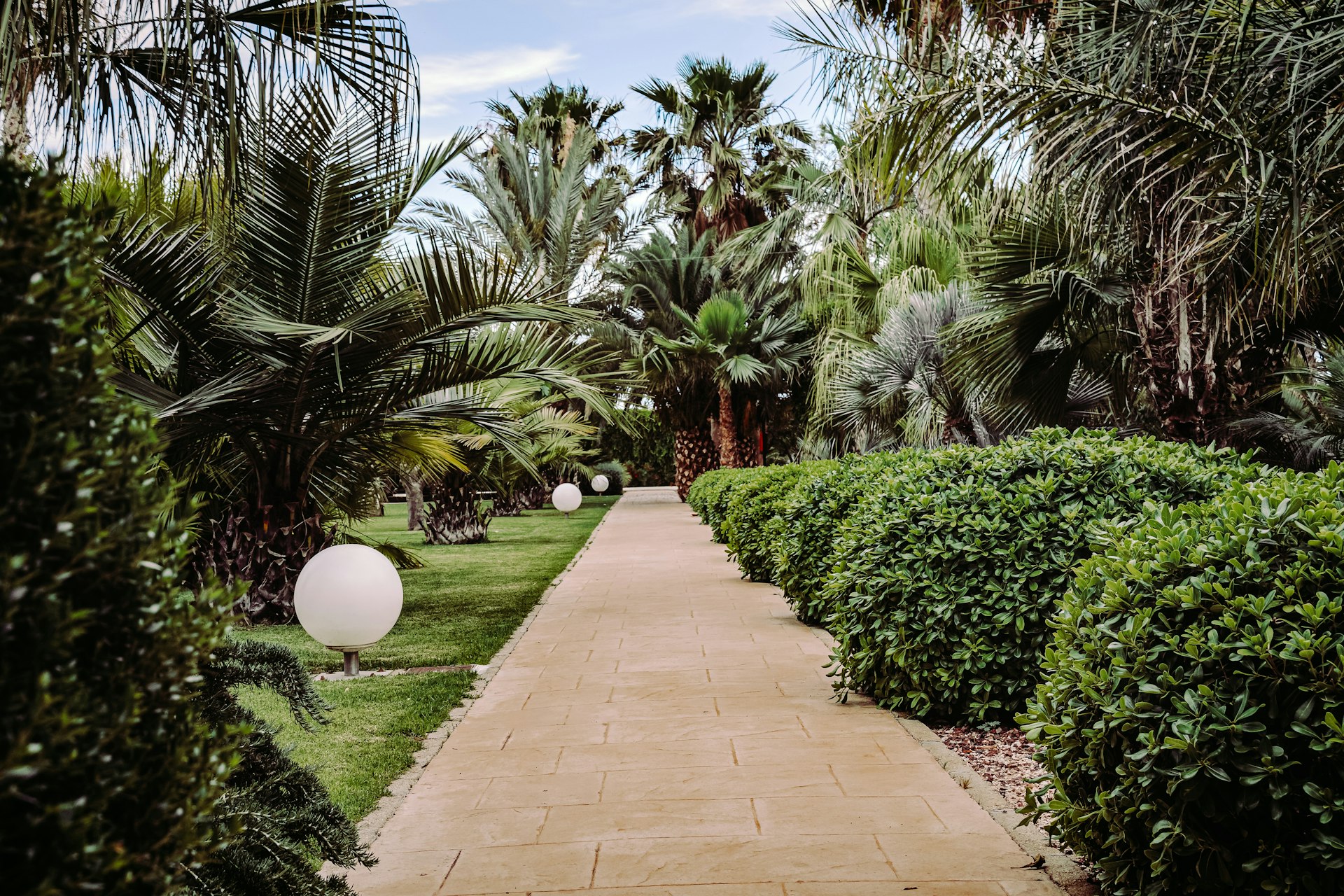Gen Z Wellness Trends: How Young Consumers Are Redefining Lifestyle, Health, and Opportunity

Photo by Bar Kochba on Unsplash
Introduction: Gen Z’s Holistic Approach to Wellness
In recent years, wellness has become a central pillar of the Gen Z lifestyle , evolving far beyond diet fads and exercise regimes. For this generation, wellness encompasses mental health, sleep, nutrition, physical fitness, clean beauty, and experiential self-care [5] . With global wellness spending now exceeding $2 trillion and Gen Z’s share accelerating, understanding and accessing these trends is essential for both individuals and businesses [3] .
Mental Health: A Core Priority
Gen Z is among the first generations to openly prioritize mental health as part of daily self-care. From meditation apps to professional therapy and peer support groups, mental wellness is now seen as vital. According to industry research, mental health ranks among the top areas where Gen Z spends and seeks services [3] .
How to Access Mental Health Resources:
- You can search for certified therapists using platforms like Psychology Today or local mental health associations.
- Many universities and community centers offer free or low-cost counseling.
- Mobile apps such as Headspace and Calm provide on-demand mindfulness and meditation exercises (available for download via official app stores).
- To find peer support, look for “mental health support groups” in your city or online forums.
Challenges and Solutions: Cost and stigma may limit access. However, many organizations now offer sliding scale fees, and digital options have lowered barriers for private, convenient care.
Sleep Optimization: From Tracking to Transformation
Sleep ranks as a top wellness priority for Gen Z, alongside mental health and appearance [1] . Sleep optimization involves not just getting enough rest, but leveraging technology and routines to improve sleep quality.
Practical Steps:
- Use wearable devices or mobile apps that track sleep patterns. Search for “sleep tracking apps” in your phone’s app store.
- Implement sleep hygiene practices: set a regular bedtime, reduce screen time before bed, and create a calming environment.
- Consider consulting a sleep specialist if you struggle with chronic insomnia. You can find certified providers via the American Academy of Sleep Medicine.
Case Example: Many Gen Zers report improved mood and productivity after using sleep optimization apps and adopting regular routines. For persistent issues, expert guidance is recommended.
Personalized Nutrition and Functional Foods
Gen Z is driving demand for personalized nutrition , including vitamins, minerals, and gut health solutions [5] . Unlike past generations, they seek tailored dietary plans and functional foods that support holistic health.
Implementation Steps:
- Start by consulting with a registered dietitian for personalized guidance. You can search “find a dietitian” on the Academy of Nutrition and Dietetics website.
- Explore at-home nutrition tests (available from established healthcare providers) to assess vitamin and mineral levels.
- Seek out functional foods-such as probiotics, adaptogens, and whole foods-by researching products with verified health claims.
Challenges: Not all supplements and products are created equal. Look for “third-party tested” or “NSF-certified” labels, and consult experts before making significant changes.
Fitness and Healthy Movement
Fitness remains a staple of Gen Z wellness, but the focus has shifted to healthy movement, stress reduction, and recovery . Gen Zers are more likely than previous generations to engage in daily exercise and attend wellness retreats or group yoga sessions [1] .

Photo by Jarritos Mexican Soda on Unsplash
How to Get Started:
- Explore local gyms, yoga studios, or group fitness classes. Use “find fitness classes near me” as a search term.
- For personalized programs, consider working with a certified personal trainer or wellness coach. Check the National Academy of Sports Medicine or American Council on Exercise for registered professionals.
- Join community wellness events (such as retreats or outdoor yoga) for experiential self-care. Local event listings, social media groups, and community centers are good resources.
Alternatives: If cost or location is a barrier, many apps and YouTube channels offer free guided workouts and movement routines.
Beauty, Clean Products, and Preventive Skincare
Gen Z has redefined beauty as part of overall wellness, favoring clean beauty, preventive skincare, and anti-aging products [1] . This group prefers products with transparent ingredients, cruelty-free processes, and proven effectiveness.
Actionable Steps:
- Research ingredient lists and certifications when choosing skincare or beauty products. The Environmental Working Group Skin Deep Database is a resource for checking product safety.
- Opt for brands with clear sustainability and ethical standards. Look for company certifications such as “Leaping Bunny” or “EWG Verified.”
- Consult with dermatologists for personalized skincare recommendations. To find a board-certified dermatologist, visit the American Academy of Dermatology.
Example: Gen Zers increasingly seek out brands with transparent labeling and sustainability practices, driving industry-wide change.
Social Media, Community, and Influencer Guidance
Gen Z leverages social media to share wellness tips, research products, and connect with experts [4] . Following fitness and beauty influencers, participating in online wellness communities, and accessing peer recommendations are common behaviors.
How to Use Social Media Effectively:
- Follow certified experts and reputable brands for reliable information.
- Join online forums and social media groups dedicated to wellness topics.
- Use platforms like Instagram, TikTok, and YouTube to discover new routines, but always verify sources and consult professionals for critical health decisions.
Potential Challenges: Misinformation can be prevalent online. Prioritize official sources and expert advice, and avoid making decisions based solely on influencer recommendations.
Accessing Wellness Services and Opportunities
Gen Z’s demand for personalized, experiential wellness has led to a proliferation of services and products. To access these effectively:
- Seek out local wellness businesses via search terms like “personalized wellness services near me.”
- For retreats, use established travel platforms or consult wellness resorts with verified reviews.
- To explore supplements, consult with registered dietitians and use trusted retailers with transparent ingredient lists.
- Consider joining community events and workshops at local community centers or through official social media channels.
Alternative Pathways: If direct services are unavailable, look for virtual programs, remote coaching, or online support forums. Many organizations offer scholarships, sliding scale fees, or free trial periods.
Key Takeaways and Next Steps
Gen Z’s wellness trends are reshaping the industry into a lifestyle focused on mental health, sleep, nutrition, fitness, clean beauty, and experiential self-care . To access these opportunities:
- Prioritize holistic wellness and personalized solutions.
- Use verified resources and expert guidance for critical decisions.
- Engage with community and social media for support, but verify information before acting.
- Explore alternative approaches if cost or accessibility is a challenge.
For further information, consider consulting industry experts, professional associations, and established wellness brands. Always verify credentials and product claims before making purchases or lifestyle changes.
References
- [1] Zenoti (2025). What Gen Zers and millennials want from wellness brands.
- [2] Trainerize (2025). The Top 10 Wellness Trends 2025.
- [3] Content Grip (2025). McKinsey finds rising Gen Z and millennial wellness spending.
- [4] Morning Consult (2025). A Data Deep Dive on Gen Z’s Wellness Enthusiasts.
- [5] Manna Tree Partners (2025). The Future of Health & Wellness: A Generational Shift is Propelling the Market.
MORE FROM hotondeals.com
